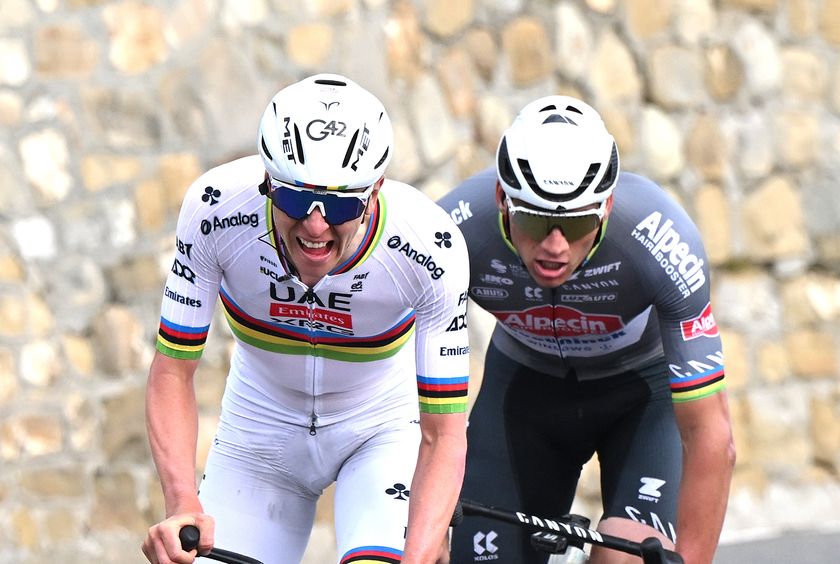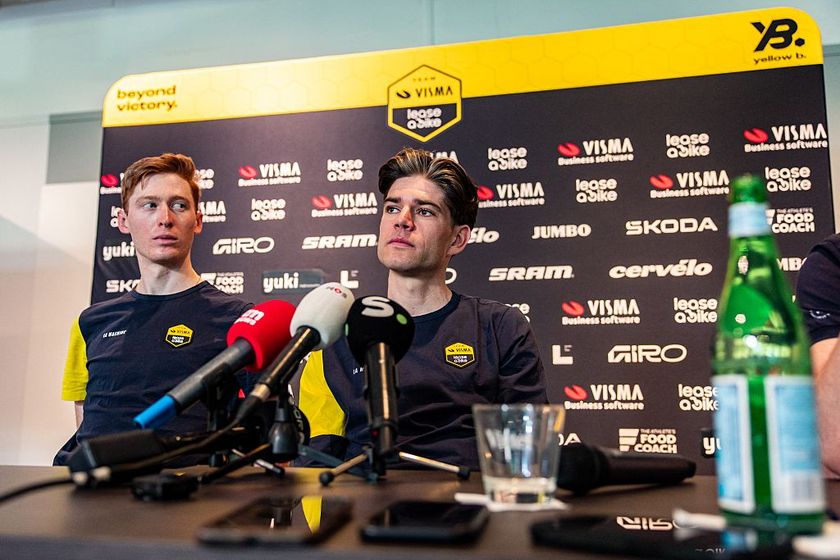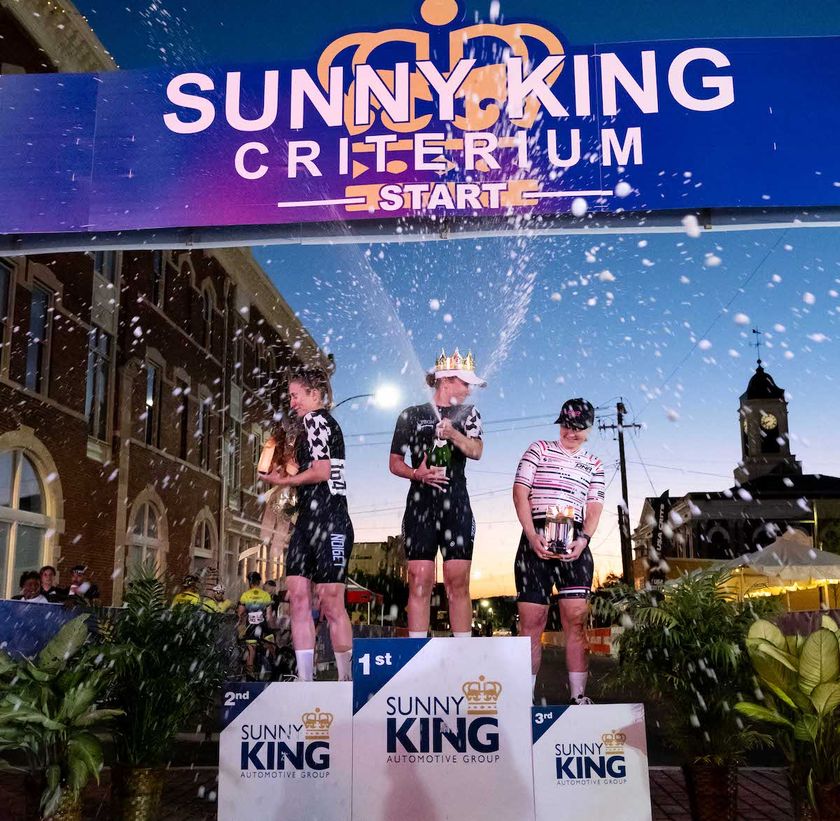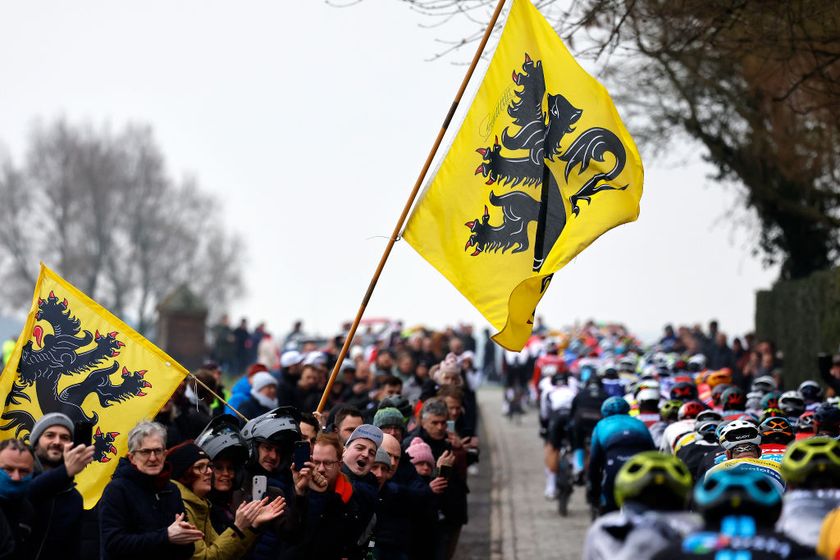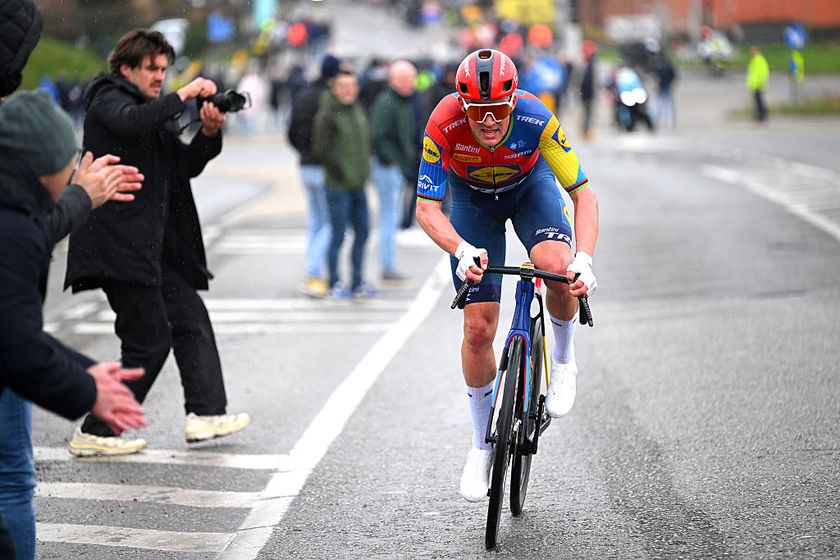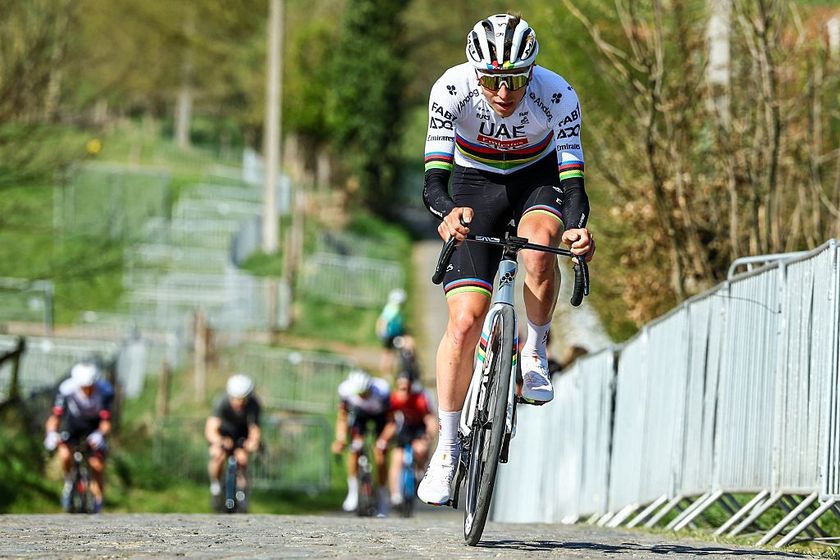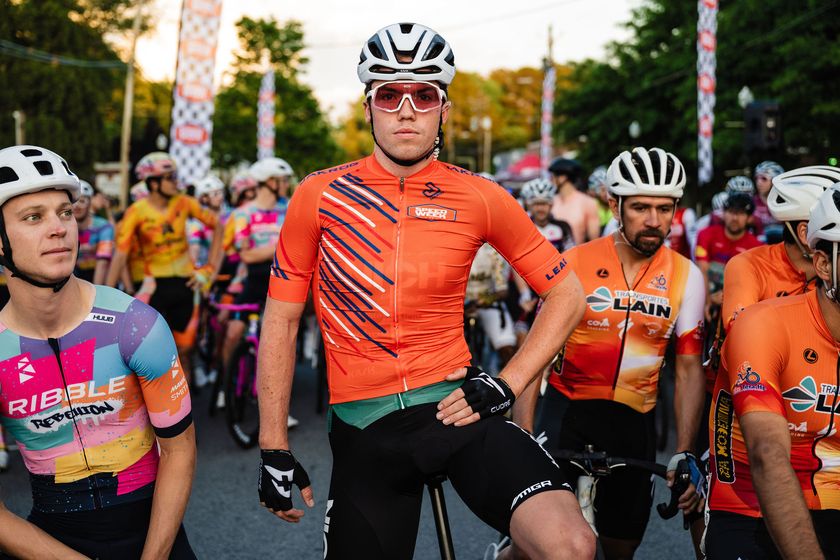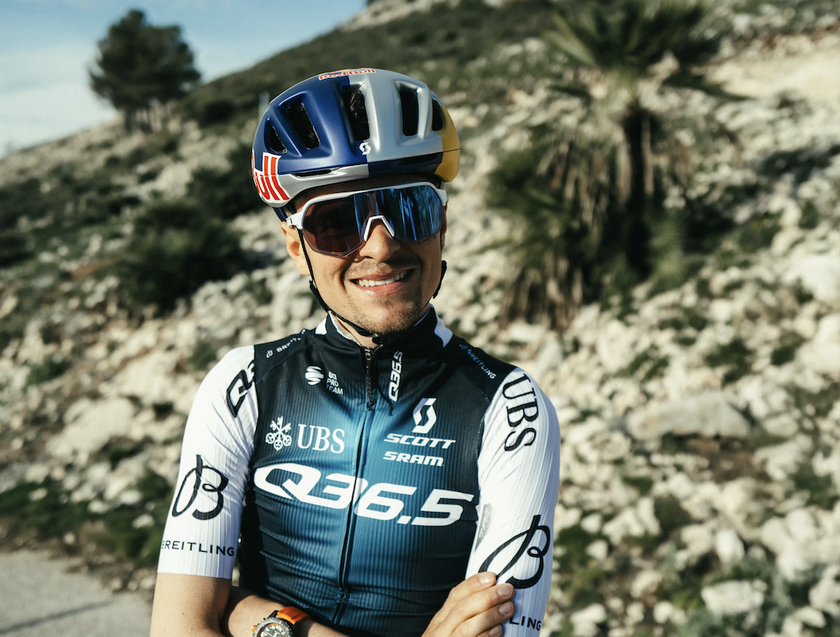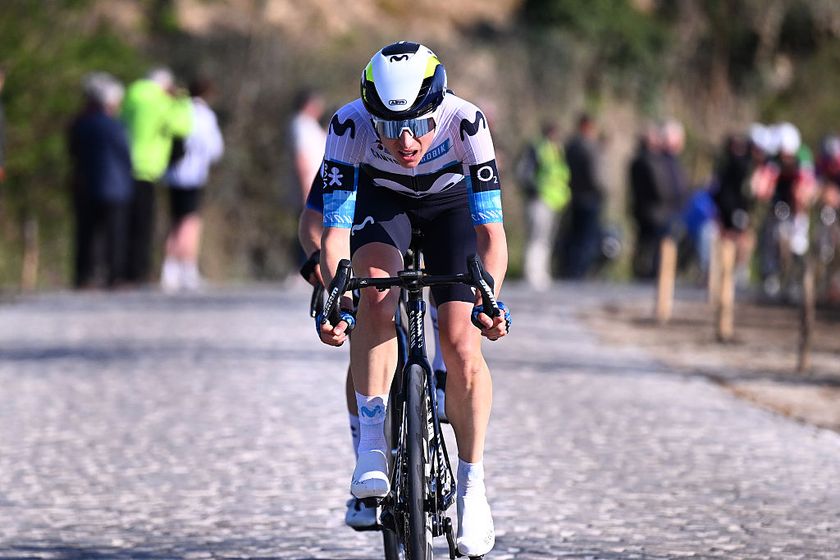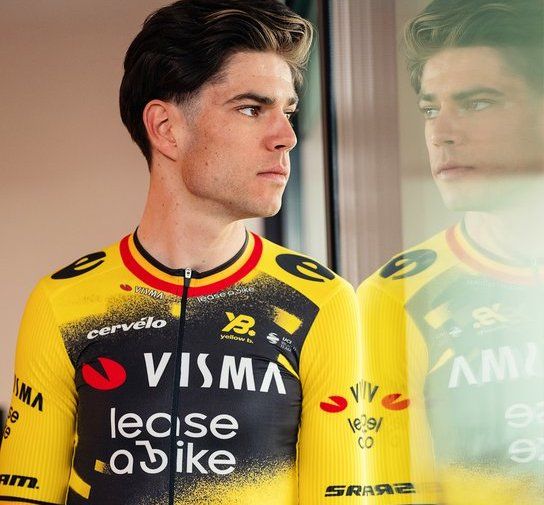Liquigas-Cannondale team doctor: how cycling helps science
No more space for dopers, says Dr Corsetti




One year after starting the operation of the “Liquigas laboratorio viaggiante (traveling laboratory)”, Dr Roberto Corsetti gave an interview to Cyclingnews.
He explained that the “no needle policy” put in place by team doctors in cooperation with the UCI is still in place.
The studies of the cyclists’ data during the 2011 Giro d’Italia have been published by the likes of Clinical Chemistry and Laboratory Medicine (Hematological and iron metabolism parameters in professional cyclists during the Giro d’Italia 3-weeks stage race), Scandinavian Journal of Clinical and Laboratory Investigation (Evaluation of creatinine, vitamin C and eGFR by different equations in professional cyclists during the Giro d'Italia 3-weeks stage race), Biochemia Medica (Cardiac function, cardiac damage biomarkers and energy expenditure in professional cyclists during the Giro d’Italia 3-weeks stage race), Clinical Journal of Sports Medicine (Serum creatine kinase activity and its relationship with indices of renal function in professional cyclists during the Giro d’Italia 3-weeks stage race).
Corsetti has an interesting view on the riders’ weight. “In grand tours nowadays, the corporal weight of the riders doesn’t change much in the region of three weeks”, he said. “But it changes a lot during every stage. We’ve recorded weight losses between three and three and half kilos. So we work on the intra-cellular hydration. It doesn’t matter how much water the riders drink but the water that goes inside the cells. During the current Giro, we give hydration a huge importance.”
“Cycling has always been the first sport to fight doping”, Corsetti added.
“But five years ago, it was necessary to give an important signal. The biological passport has been implemented to prove any trace of doping while other sports only use it as a marker. Only one month ago, athletics also adopted the passport to eventually ban riders.”
One rider from Liquigas, Franco Pellizotti, has been banned for two years according to the variations of his data in his bio passport but never failed a traditional dope test. He returned to racing this month with Androni Giocattoli. Corsetti is adamant that all the measures in place now prevent riders like Riccardo Ricco – recently banned for twelve years – from competing at World Tour level.
Get The Leadout Newsletter
The latest race content, interviews, features, reviews and expert buying guides, direct to your inbox!
Corsetti’s personal goal is well known: every year, he wants the nine riders from Liquigas-Cannondale to finish the three grand tours, providing that they don’t crash. “It’s my passion to anticipate the possible extra fatigue of a rider”, he said. “It’s up to the doctor to ask the directeur sportif to sometimes preserve an athlete. You see our team riding a lot at the front during the Giro, but it happens that someone gets exempted from taking turns because I’ve requested him to not be overworked. For instance at the beginning of the Giro, Cristian Salerno suffered bronchitis. We’ve taken care of him, we’ve managed to keep him in the race and I’m convinced that he’ll be instrumental in the service of Ivan Basso during this third week of racing.”
